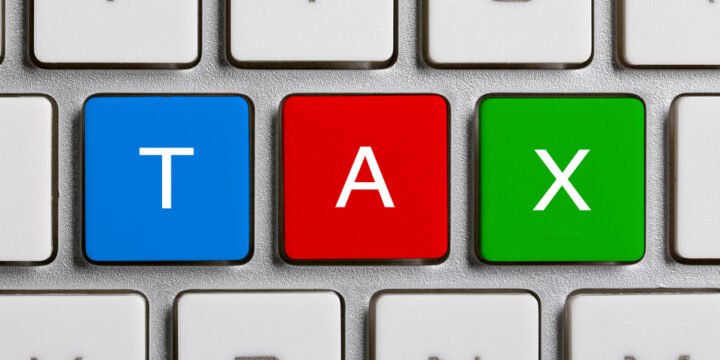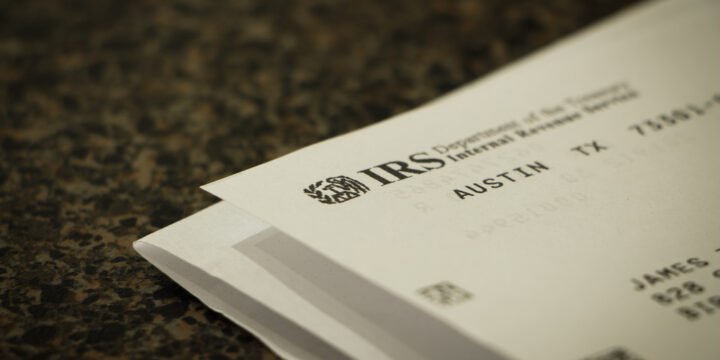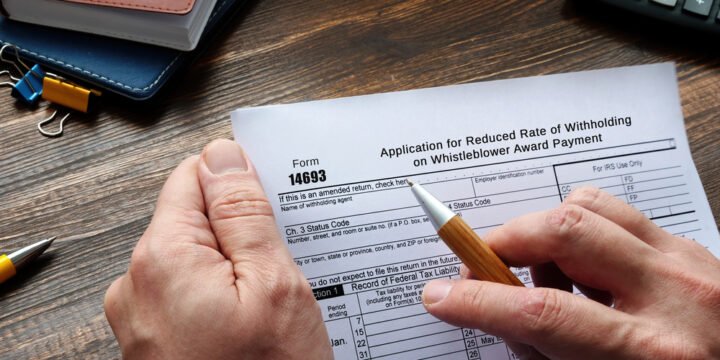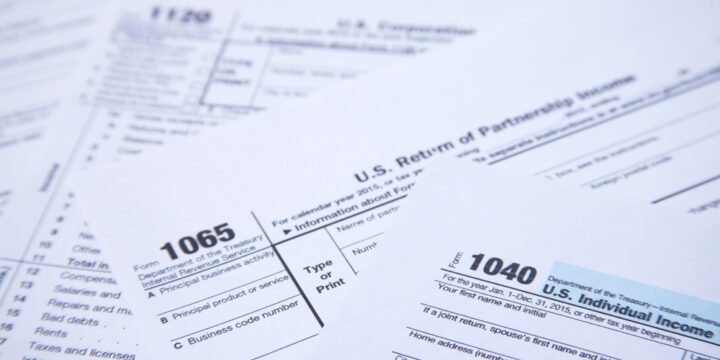
Can a Intentionally Defective Grantor Trust Coupled with a Self-Canceling Installment Note ‘Magically’ Remove High Value Assets From an Estate?
By Anthony Diosdi An intentionally defective grantor trust (“IDGT”) is a trust that is treated as owned by the grantor for income tax purposes, but not for gift or estate tax purposes. The benefit of an IDGT is that the value of the trust, and any growth thereon, are excluded from the grantor’s estate. At the same time, the trust is “defective” for income tax purposes. This means that the grantor would pay all of the income tax on the assets transferred to the trust without it being deemed a gift. This is accomplished by properly drafting the trust provisions so that the trust constitutes a grantor trust under one or more of the grantor trust rules found in Internal Revenue Code Sections 671 through 679 whereby the grantor will…








